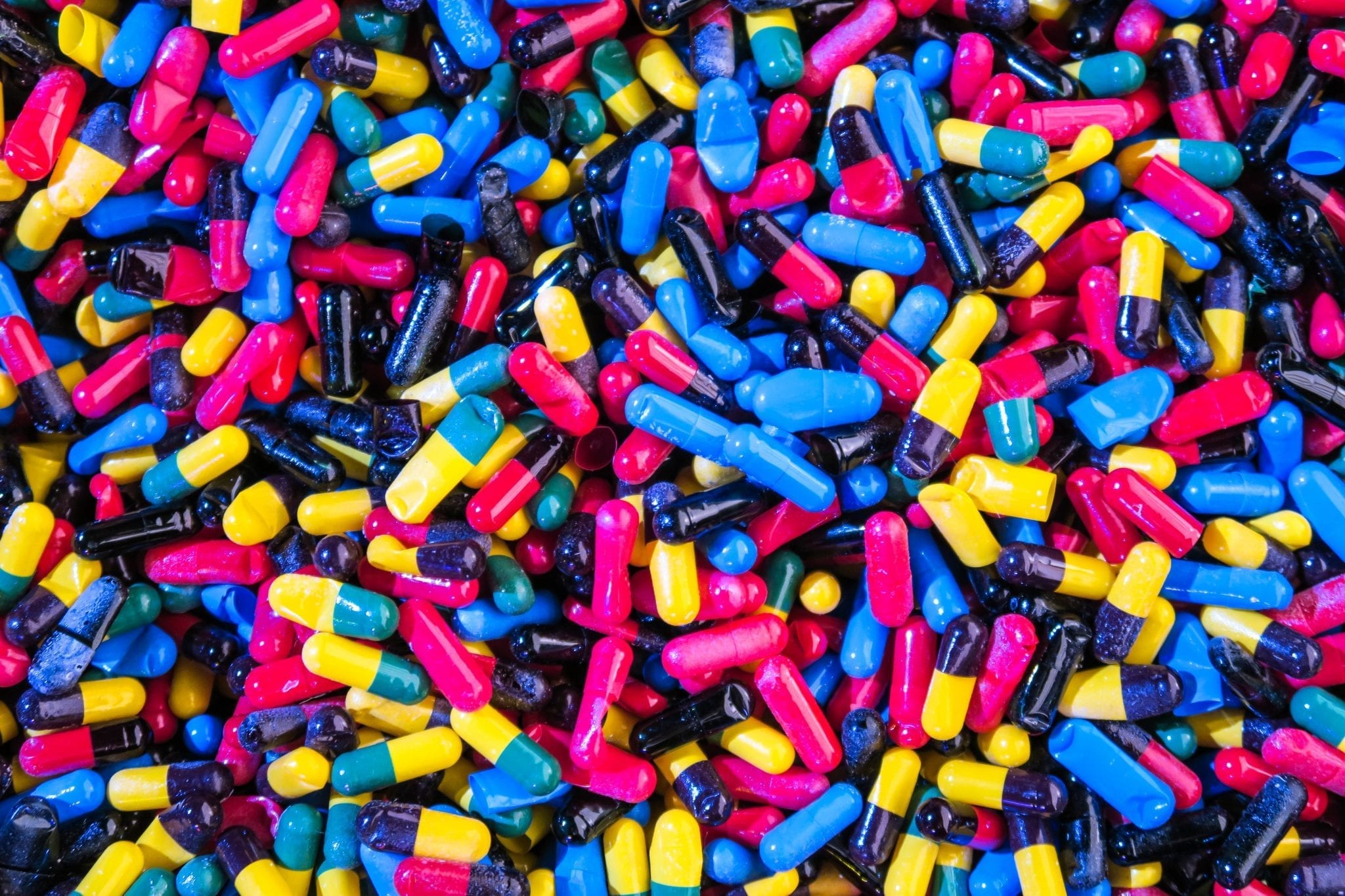Brand-Name Drug Makers Won’t Play Nice with Generics
Pharmaceutical companies are back in the spotlight – this time, they are getting heat for not offering samples of their products to companies that manufacturer generics, thus making it impossible for there to be more inexpensive options on the market. Dr. Scott Gottlieb, the commissioner of the Food and Drug Administration (FDA), said recently that drug makers must “end the shenanigans” that prevent competing products from reaching those who need them.
Those manufacturing generics require samples of products from brand-name drug makers to demonstrate the properties in their version are identical to the original. Resistance to this, according to Dr. Gottlieb, “frustrate the ability of generic firms to purchase the doses of a branded drug that they need to run their studies.” The Federal Trade Commission (FTC) is investigating this practice of “potentially preserv[ing] a brand firm’s monopoly indefinitely,” and officials said they are focusing on the anti-competitive methods used by drug companies now more so than ever following Trump’s announcement that he would be cracking down on shady business practices.
Under the new bill, a generic drug developer could file a lawsuit if a brand maker refuses to cooperate, and a federal court could require the brand provider to offer samples “on commercially reasonable, market-based terms.” The court could also award damages if it found samples weren’t provided “without a legitimate business justification.”

The FDA approved 1,027 generic drugs last year (a record) and nearly 90 percent of prescriptions are filled with generic medicines, so brand-name drug makers are fighting back, saying the extreme terms of the proposed legislation are simply unneeded. These companies have also argued that this will give trial lawyers an incentive to sue them for damages, which could be worth more than sales of the proposed generic. And, they’ve indicated the legislation could pose a risk to consumers, because generic drug developers might not follow the strict safety protocols that the government requires for their brand-name versions.
Legislators and industry followers supporting the efforts have said it’s all a game for brand manufacturers. “Those games take many forms. In one form, a brand company will pay a generic to delay entering the market,” Rutgers law professor Michael Carrier said. “In another form it will switch from one version of a drug to another, just trivially different, just to keep generics off the market…. They call it life-cycle management. I call it anti-competitive conduct.”
The FDA countered the companies’ claims, “no additional requirements are needed to protect patient safety” in tests to show the equivalence of generic and brand-name drugs, and “testing typically involves a relatively small number of human subjects and a small number of doses and therefore a relatively low level of risk.” The agency said it has received more than 150 inquiries from generic drug companies unable to obtain needed samples. “Without generic competition, there is no pressure to drive down the costs of these medications,” officials said.
The Congressional Budget Office estimates that the legislation would save the federal government $3.8 billion over 10 years, mainly because Medicare, Medicaid, and other health programs would spend less on prescription drugs. Savings for consumers could be even greater.
Sources:
Drug Company ‘Shenanigans’ to Block Generics Come Under Federal Scrutiny
How critics say drug companies play “games” to stave off generic competitors


Join the conversation!